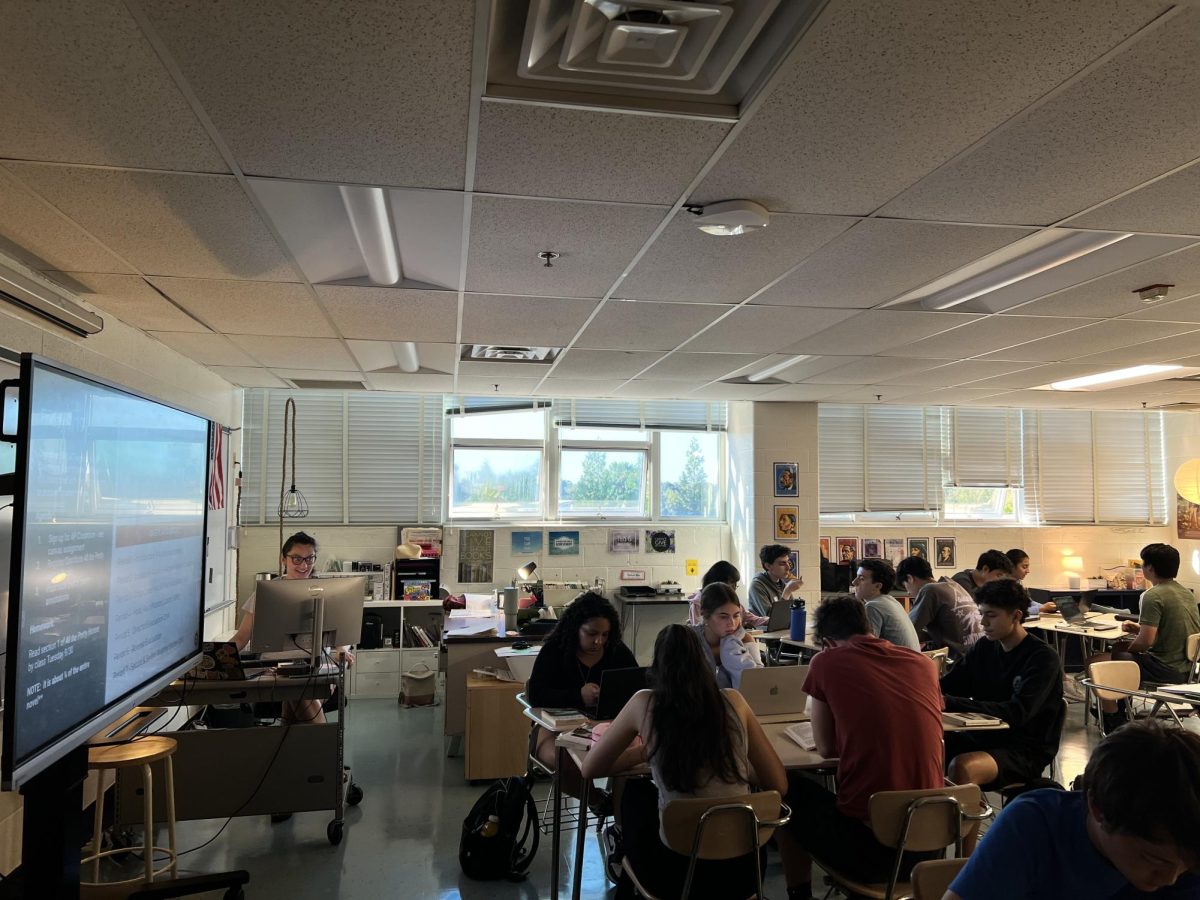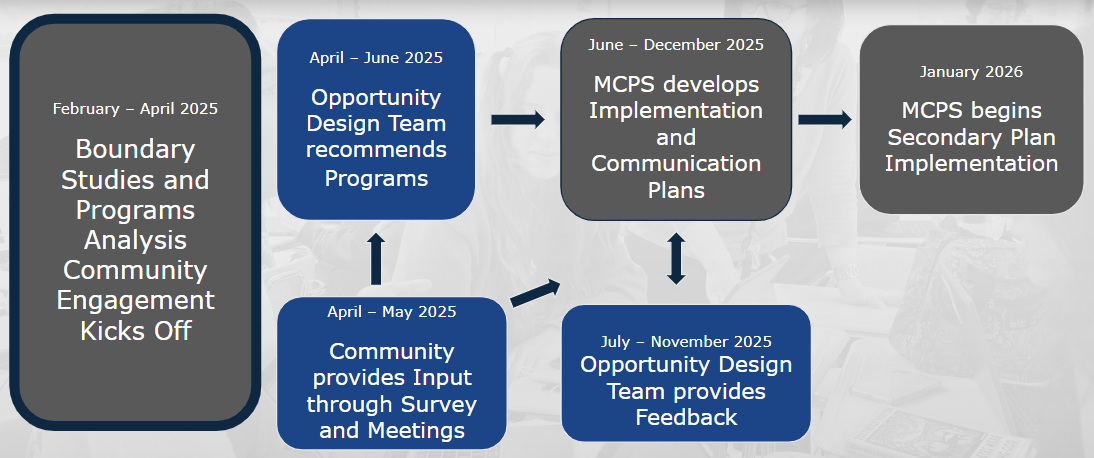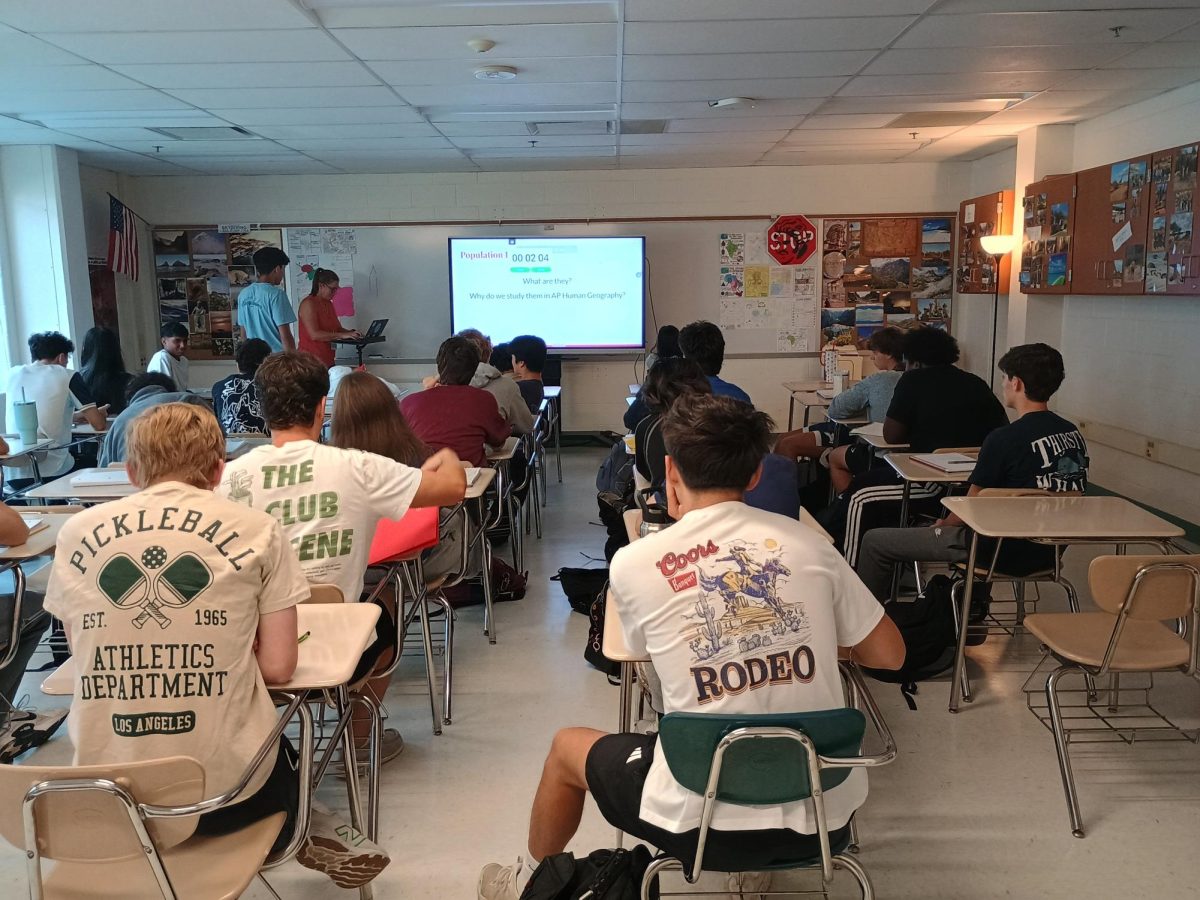It’s been a busy few weeks in Paris.
The 2015 United Nations Climate Change Conference, held from Nov. 30 to Dec. 11 in the capital of France, is expected to produce an important international agreement on climate change. The goal: to keep global warming below two degrees Celsius, a level that, if surpassed, would have serious consequences. Over 150 countries have submitted plans to the United Nations (UN), with countries such as the U.S. and China taking leadership roles.
On Nov. 29, the day before the conference officially began, hundreds of thousands of protesters from around the world participated in a Global Climate March, taking to the streets to demand action. One city’s representatives, however, were notably absent: Parisians. Citing security concerns in light of the Nov. 13 terror attacks in the city, officials banned organized demonstrations. In response, thousands of empty shoes were neatly placed in the Place de la Republique, including a pair from Pope Francis and UN Secretary General Ban Ki Moon. Some defied the ban on large-scale demonstrations, linking together along the march’s planned route and being arrested by the hundreds.
Senior Caitlin Piemme, who participated in a Climate March in Washington, D.C. in the fall of her junior year, enjoyed marching for the environment but does not believe these marches create quick and effective change.
“I think that to influence policymakers takes effort that goes beyond a march,” Piemme said.
Fresh off his rejection of the Keystone XL oil pipeline, President Barack Obama attended the conference on Nov. 30 with the goal of collaborating with other world leaders.
“The growing threat of climate change could define the contours of this century more than any others,” Obama said to a crowd filled with leaders such as Russian President Vladimir Putin and Chinese President Xi Jinping. “The United States of America not only recognizes our role in creating this problem, [but] we embrace our responsibility to do something about it.”
Unlike 1997’s Kyoto conference, when the United States refused to ratify the protocol, and 2009’s Copenhagen summit, which ended without any real decisions, the Paris conference aims to be a success. Countries are donating money to the UN Green Climate Fund, mayors of major cities across the world are agreeing to dedicate parts of their municipal budgets to safeguarding the infrastructures of their cities and the African Development Bank recently announced $12 billion for clean energy projects in Africa in the next few years.
Senior and treasurer of WJ’s Environmental Club Shani Kamberi is optimistic about the conference.
“A lot of influential countries are present at these talks, and common goals can be created,” Kamberi said. “Having written plans allows for a stronger push for the cut [on carbon emissions], because once a government creates plans they are held accountable to meet their goals.”
In Paris, this newfound accountability hopes to reverse the effects of centuries of human destruction on the climate and ultimately save the planet.
[playbuzz-item url=”//www.playbuzz.com/thepitchonline10/2015-un-climate-conference”]








